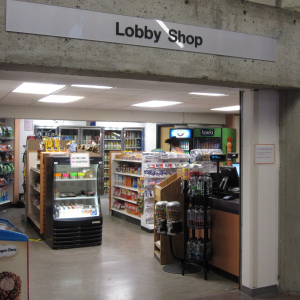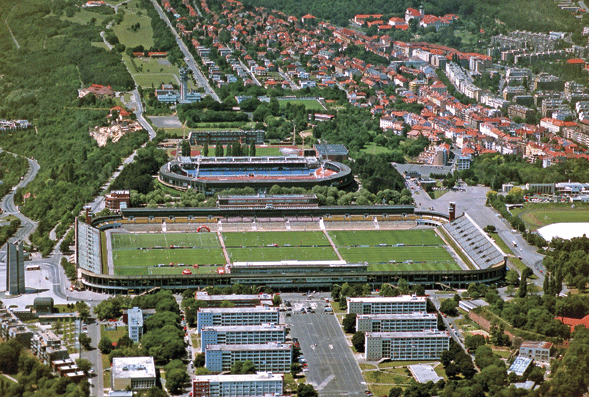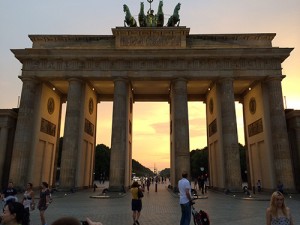In the autumn the little rosy cyclamens blossom in the shade of this west side of the lake. They are very cold and fragrant, and their scent seems to belong to Greece, to the Bacchae. They are real flowers of the past. They seem to be blossoming in the landscape of Phaedra and Helen. They bend down, they brood like little chill fires. They are little living myths that I cannot understand.
After the cyclamens the Christmas roses are in bud. It is at this season that the cacchi are ripe on the trees in the garden, whole naked trees full of lustrous, orange-yellow, paradisal fruit, gleaming against the wintry blue sky. The monthly roses still blossom frail and pink, there are still crimson and yellow roses. But the vines are bare and the lemon-houses shut. And then, mid-winter, the lowest buds of the Christmas roses appear under the hedges and rocks and by the streams. They are very lovely, these first large, cold, pure buds, like violets, like magnolias, but cold, lit up with the light from the snow.
The days go by, through the brief silence of winter, when the sunshine is so still and pure, like iced wine, and the dead leaves gleam brown, and water sounds hoarse in the ravines. It is so still and transcendent, the cypress trees poise like flames of forgotten darkness, that should have been blown out at the end of the summer. For as we have candles to light the darkness of night, so the cypresses are candles to keep the darkness aflame in the full sunshine.
Meanwhile, the Christmas roses become many. They rise from their budded, intact humbleness near the ground, they rise up, they throw up their crystal, they become handsome, they are heaps of confident, mysterious whiteness in the shadow of a rocky stream. It is almost uncanny to see them. They are the flowers of darkness, white and wonderful beyond belief.
Then their radiance becomes soiled and brown, they thaw, break, and scatter and vanish away. Already the primroses are coming out, and the almond is in bud. The winter is passing away. On the mountains the fierce snow gleams apricot gold as evening approaches, golden, apricot, but so bright that it is almost frightening. What can be so fiercely gleaming when all is shadowy? It is something inhuman and unmitigated between heaven and earth.
The heavens are strange and proud all the winter, their progress goes on without reference to the dim earth. The dawns come white and translucent, the lake is a moonstone in the dark hills, then across the lake there stretches a vein of fire, then a whole, orange, flashing track over the whiteness. There is the exquisite silent passage of the day, and then at evening the afterglow, a huge incandescence of rose, hanging above and gleaming, as if it were the presence of a host of angels in rapture. It gleams like a rapturous chorus, then passes away, and the stars appear, large and flashing.
Meanwhile, the primroses are dawning on the ground, their light is growing stronger, spreading over the banks and under the bushes. Between the olive roots the violets are out, large, white, grave violets, and less serious blue ones. And looking down the bill, among the grey smoke of olive leaves, pink puffs of smoke are rising up. It is the almond and the apricot trees, it is the Spring.
A break from this miraculous heat, at least.
 There exists a misunderstood or mischaracterized mantra, if we will, that you cannot really succeed without the possibility of failure. And it would seem to make sense, though it is often enough forgotten how much trouble the very rich have over-compensating for the fact that they don’t feel legitimate in their own eyes. (There is a very good novel idea in there somewhere, and you get to it before me, good on you). There is also a specific case of sometimes, if green means that you win even if you lose, how were you ever going to be able to prevail?
There exists a misunderstood or mischaracterized mantra, if we will, that you cannot really succeed without the possibility of failure. And it would seem to make sense, though it is often enough forgotten how much trouble the very rich have over-compensating for the fact that they don’t feel legitimate in their own eyes. (There is a very good novel idea in there somewhere, and you get to it before me, good on you). There is also a specific case of sometimes, if green means that you win even if you lose, how were you ever going to be able to prevail?




